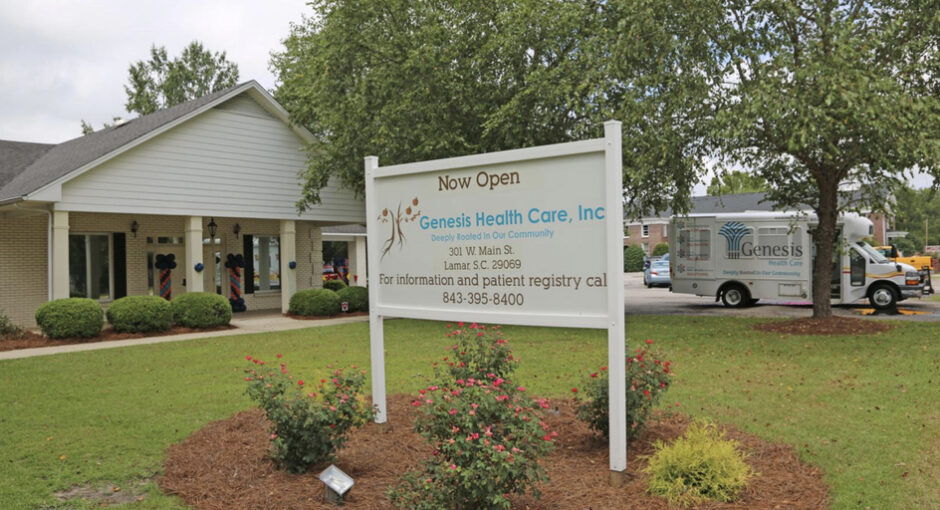A federal district court in South Carolina yesterday sealed the federal government’s records of the audit, expulsion, and reinstatement of a health center for allegedly diverting 340B-acquired drugs to ineligible patients.
The court order was in Genesis Health Care’s lawsuit contesting the 340B patient definition’s legality. It came eight days after the court ordered 340B Report to destroy and not reveal the contents of the records, which were not under seal at the time and obtained by 340B Report legally.
The court said the 9,000-plus pages were made public inadvertently and included sensitive and confidential information. Redacting the information “would be extremely resource-intensive and impractical,” the Jan. 17 order said.
Both sides in the case asked the court to seal the records on Jan. 11.
The U.S. Health Resources and Services Administration removed Genesis, its grantee sites, and contract pharmacies from 340B on June 26, 2018, after auditors found that Genesis failed to maintain auditable records and dispensed 340B drugs to ineligible patients. HRSA reinstated them on July 5, 2018, the day before a scheduled court hearing on Genesis’ emergency motion for a stay. HRSA voided the audit on June 6, 2019, after concluding it lacked the power to enforce its 1996 340B patient definition.
Despite its reinstatement to the 340B program, Genesis continues to challenge the 340B patient definition’s legality. A federal appeals court ruled last year that Genesis’ case was not moot because HRSA’s patient definition remains in place and Genesis potentially could be expelled from 340B again.
HRSA’s patient definition is at 340B’s core. A court ruling invalidating it could change 340B profoundly.
U.S. Chief Judge R. Bryan Harwell ordered HRSA in November to file its records about Genesis’ audit, expulsion, and reinstatement. Early on the morning of Jan. 6, more than 9,000 pages were publicly available in the lawsuit’s electronic case docket. 340B Report accessed the documents.
The documents were removed from the docket later that morning. A deputy court clerk called 340B Report late on Jan. 9. The clerk said the documents were released to the public in error, said the court requested that the documents be destroyed, and asked 340B Report if it would destroy them. That evening the court ordered 340B Report to destroy the documents and not release any information obtained from them.
340B Report consulted legal counsel. It decided to comply with the order even though it obtained the documents legally and believes the order was improper. 340B Report was not planning on releasing any patient specific information and was going to focus entirely on the policy and legal aspects of the case but it chose not to fight the order.
In his order yesterday sealing HRSA’s records of its audit, termination, and reinstatement of Genesis, Harwell said the documents contain “personally identifying information, sensitive medical record information of individuals who are not involved in this action, internal agency information concerning [Genesis] and third-parties, and [Genesis’] proprietary and financial information.”
“The court has considered less drastic alternatives to sealing, such as redaction; however, due to the size of the [records] and the sheer volume of sensitive and confidential information contained within the [records], redaction would be extremely resource-intensive and impractical,” Harwell said. “The court has reviewed the [records] and finds that sealing the [records], with access only by the court and the lawyers, is appropriate.”
The seal could be lifted and the non-confidential parts of the record could be made public after the case ends.


